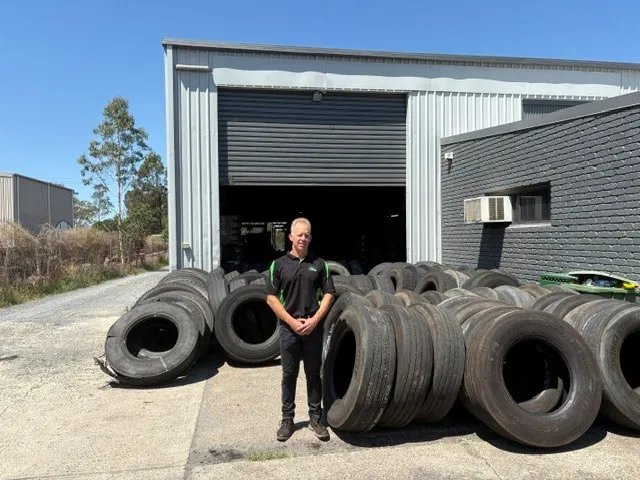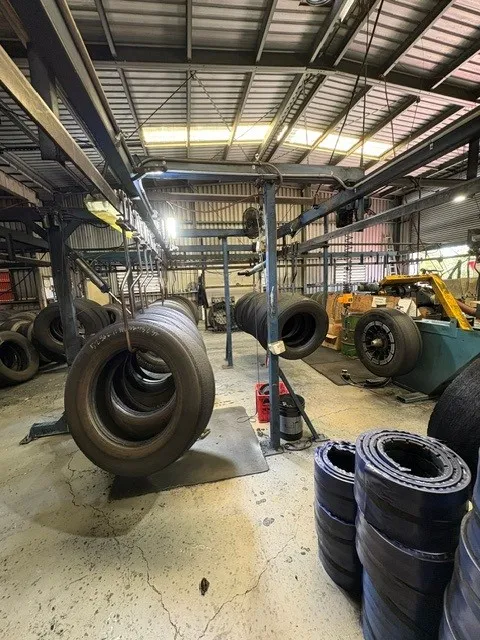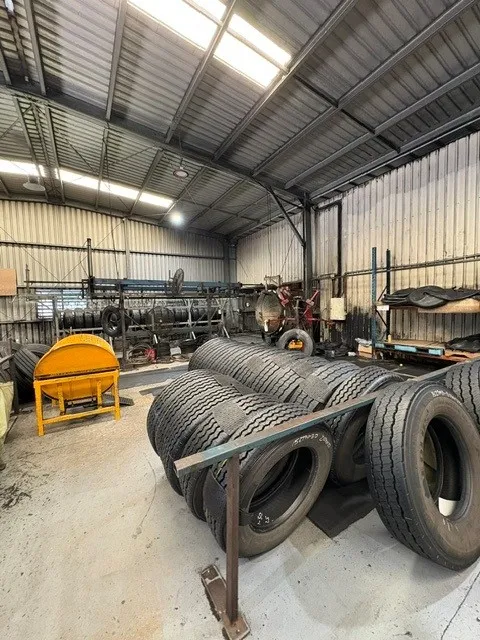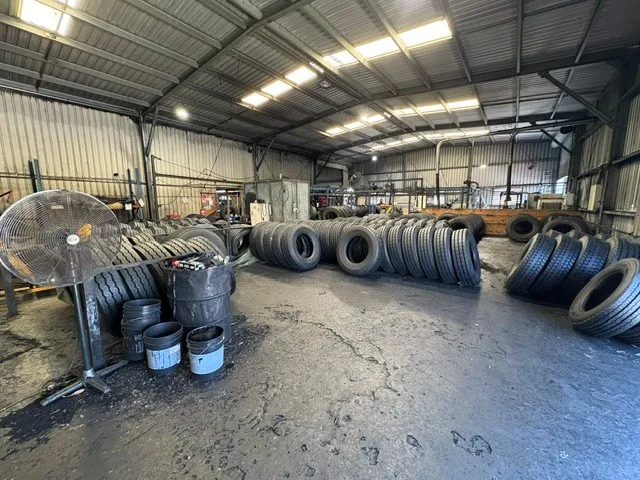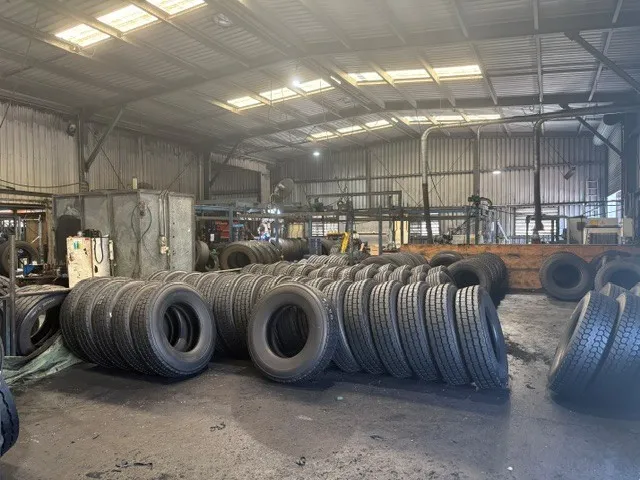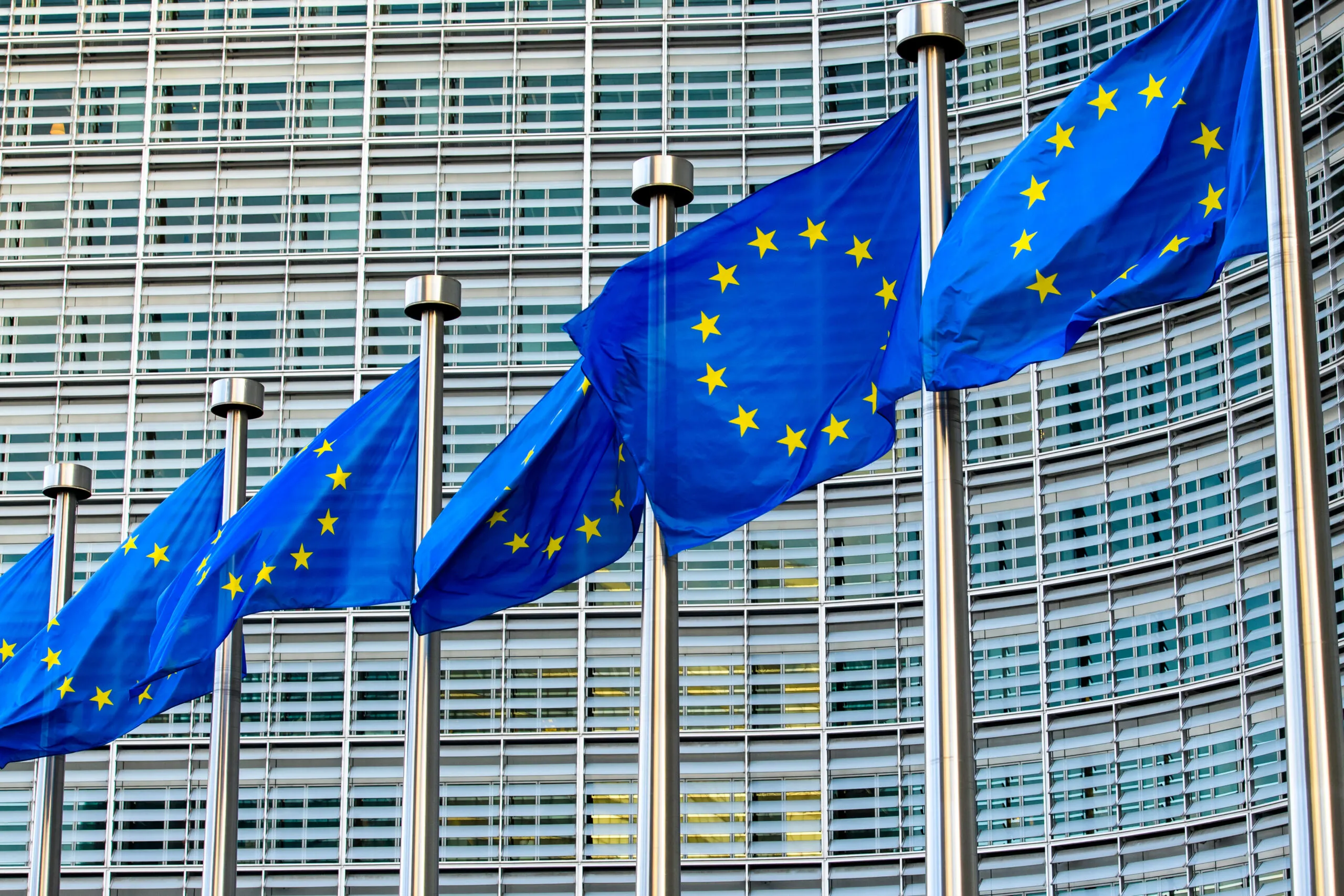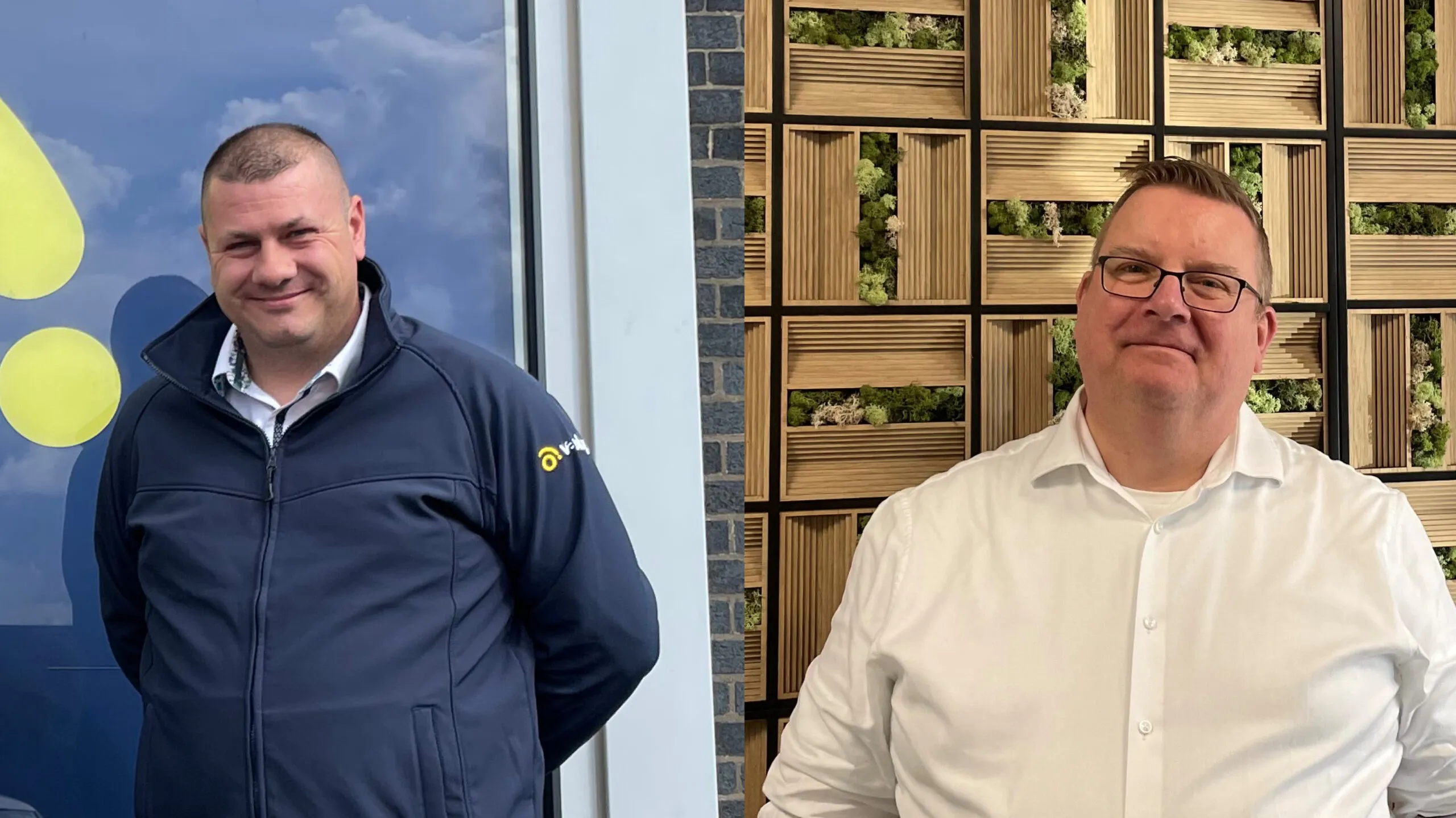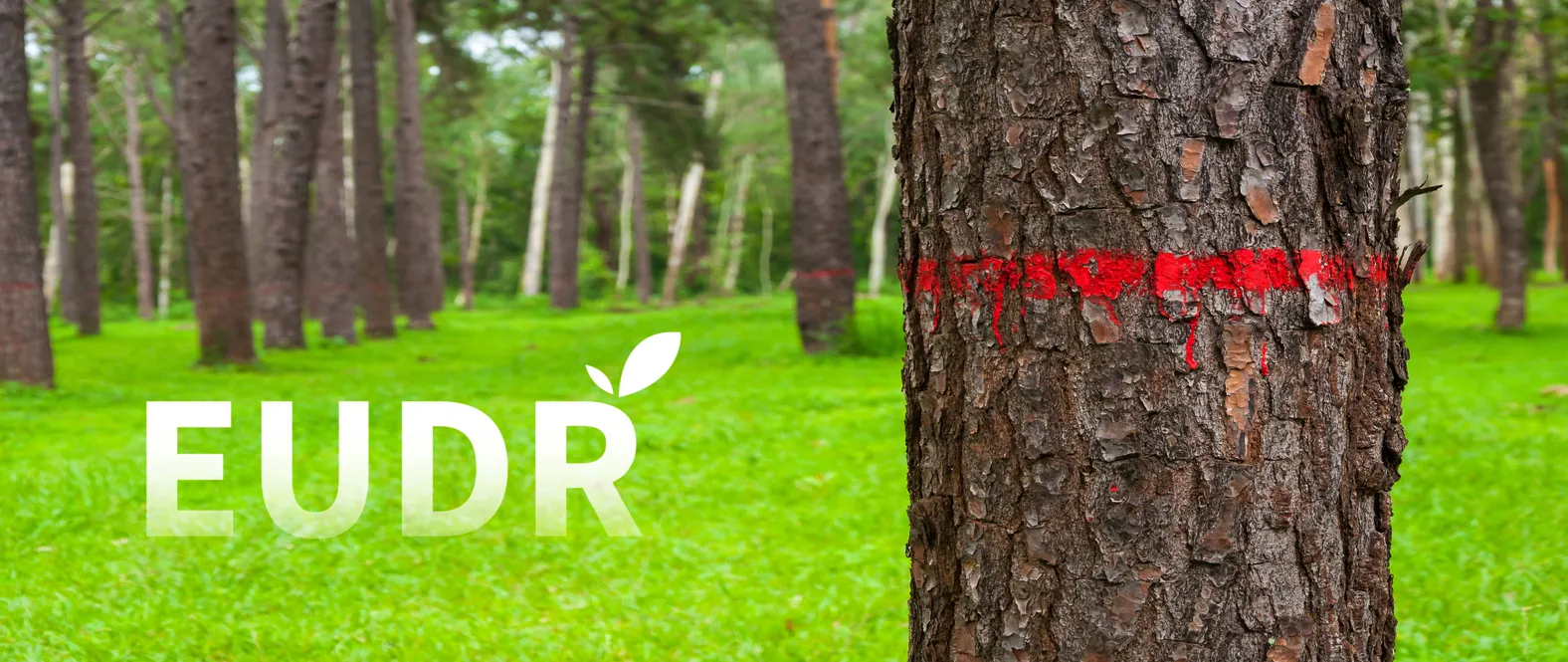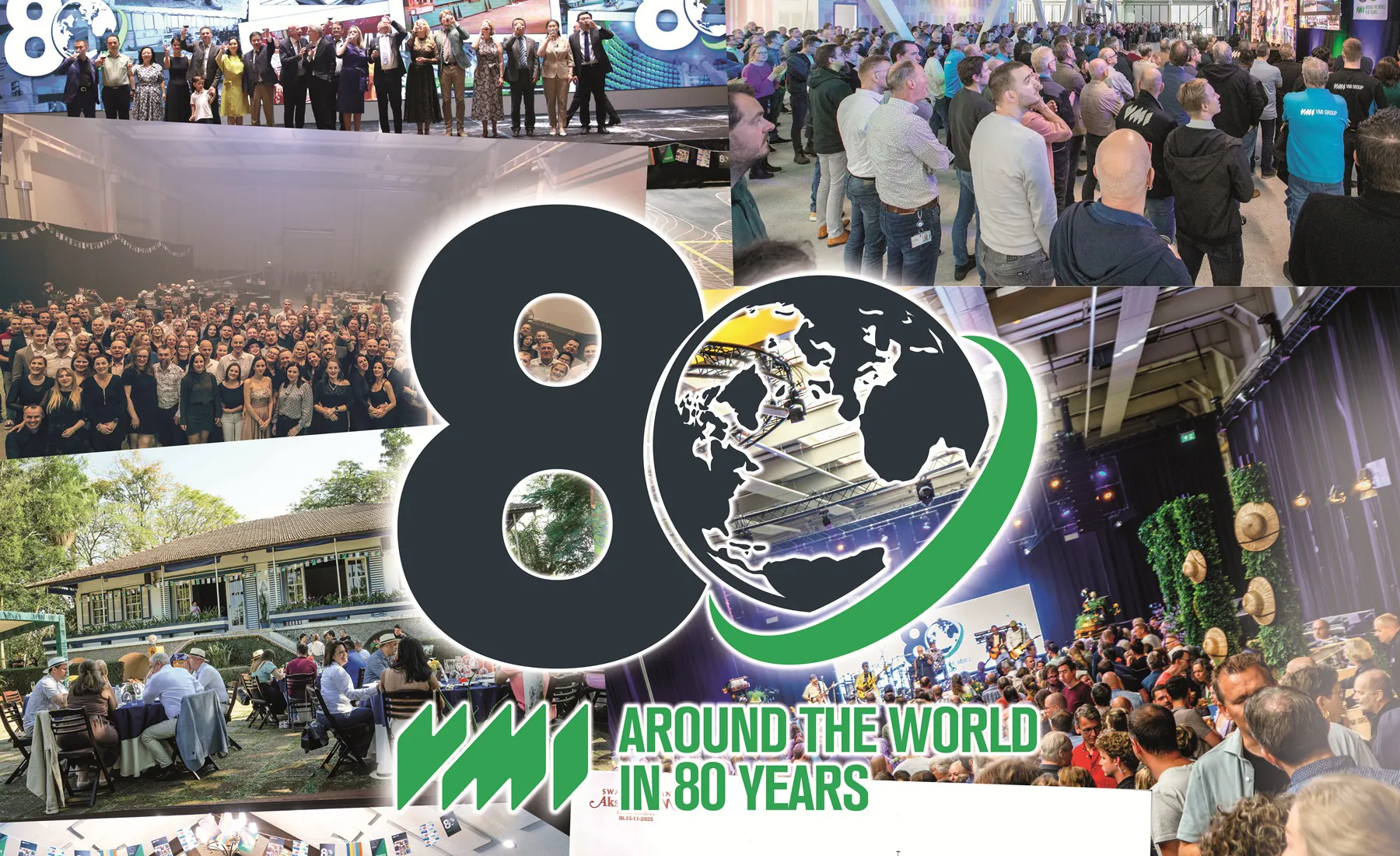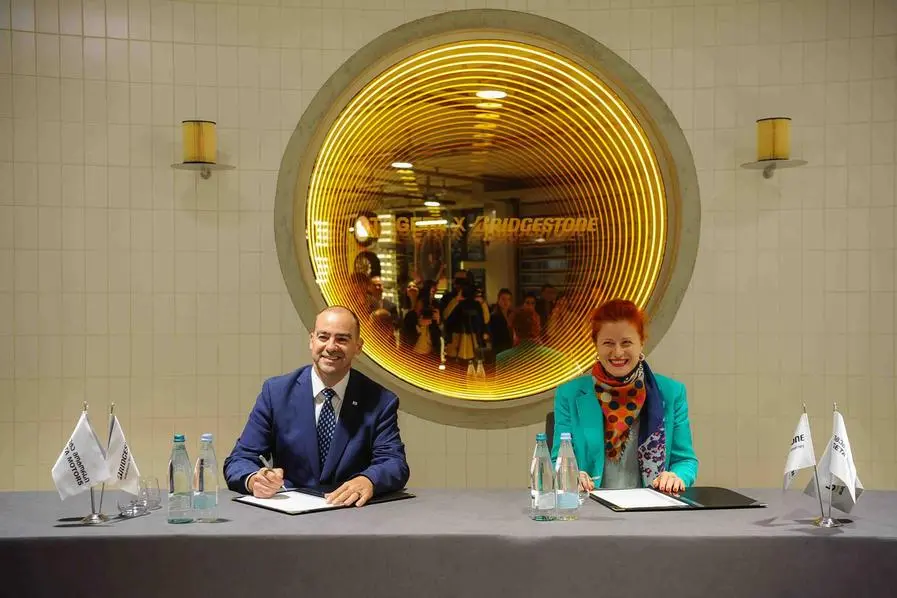During a recent visit to Brisbane, Richard Wilson met with Jason McCabe, Chief Operating Officer of the Freedom Tyres Group, to discuss the company’s growing investment in retreading through its subsidiary, Freedom Retreads. The operation, once known as Arctic Cool Treads, has undergone a significant transformation since Freedom Tyres acquired it, a move that has not only safeguarded the firm’s key fleet contracts but also positioned it for long-term growth in an evolving transport market increasingly focused on sustainability.
Increasing Focus on Sustainability
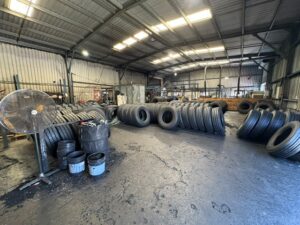 Freedom Tyres’ entry into the retreading business was driven by strategic necessity. The company’s major supply contract with Queensland Buses, covering some 1,200 vehicles, required the inclusion of a retread option. Recognising that control over retreading could strengthen its market proposition, Freedom Tyres acquired the business when its previous owners decided to sell. The decision allowed Freedom to offer customers a complete tyre lifecycle solution.
Freedom Tyres’ entry into the retreading business was driven by strategic necessity. The company’s major supply contract with Queensland Buses, covering some 1,200 vehicles, required the inclusion of a retread option. Recognising that control over retreading could strengthen its market proposition, Freedom Tyres acquired the business when its previous owners decided to sell. The decision allowed Freedom to offer customers a complete tyre lifecycle solution.
The company has since operated from the original site under a year-to-year lease, but that uncertainty is soon to end. Freedom is now finalising the repurchase of the property, ensuring long-term stability for the plant and safeguarding its commitments to the Queensland Bus contract.
Gradual Expansion and Operational Investments
Production at Freedom Retreads has been steadily increasing. Output currently stands at around 75 retreads per day, up from 50 when Freedom first took over the business. The goal is to reach 100 units per day in the short term, with a target of 150 units per day within the next 12 months, supported by planned investments to enhance operational efficiency. Ultimately, the plant is designed to achieve a capacity of 200 retreads per day.
To reach these targets, the company is investing in new equipment and process improvements. These include installing a new extruder and buffer capable of doubling the workload, optimising the cementing area, and introducing a monorail system to streamline tyre movement between workstations. An extension of the facility is also planned to expand storage for both casings and finished products. According to McCabe, the upgrades are likely to rely heavily on new machinery from Vipal, the plant’s long-term supplier of tread rubber. Freedom intends to retain older equipment as a contingency measure to maintain production continuity.
Freedom Tyres’ ambitions are not limited to Queensland, and the company has recently secured a contract to supply retreads for Ventura Buses in Victoria. Currently, retreaded tyres are shipped from Brisbane to Melbourne, a costly exercise that underlines the need for geographic expansion. McCabe confirmed that the company is actively assessing options to establish a new facility in either New South Wales or Victoria to serve southern markets better.
Sustainability, Energy Efficiency and Digital Transformation
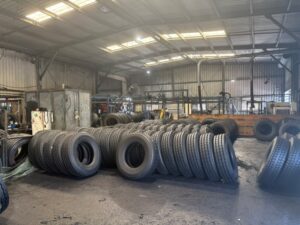 Sustainability is increasingly shaping industrial decisions, and Freedom Retreads is no exception. The facility already employs solar panels to offset part of its energy consumption, though McCabe acknowledges that full energy independence remains a future ambition. The company is exploring further solar investment and broader energy-efficiency measures to enhance cost control and environmental performance.
Sustainability is increasingly shaping industrial decisions, and Freedom Retreads is no exception. The facility already employs solar panels to offset part of its energy consumption, though McCabe acknowledges that full energy independence remains a future ambition. The company is exploring further solar investment and broader energy-efficiency measures to enhance cost control and environmental performance.
Meanwhile, in line with industry best practice, Freedom Retreads uses shearography testing, a contractual requirement under the Queensland Bus tender, to ensure product integrity. Around 60 per cent of production caters to bus fleets, with the remainder serving dealers and retailers across the region. The company primarily retreads on a customer-owned casing (COC) basis. Still, it is increasingly sourcing additional casings to meet rising production demand, although Tier-1 casings from manufacturers such as Michelin and Bridgestone remain scarce in Australia.
Operationally, Freedom has also introduced an enterprise resource planning (ERP) system to enhance traceability and production oversight. This digital infrastructure has improved quality assurance and efficiency, reducing rework and wastage. More importantly, it provides the documentation and transparency required for competitive tendering processes.
A Vote of Confidence in Retreading
Currently operating a single shift of ten employees from 5.30 am to 4 pm, Freedom plans to add a second shift as output rises, extending production until 9 p.m. and creating new employment opportunities. The company’s investment in plant upgrades and the repurchase of its site underscores a strong commitment to the retreading sector.
McCabe is also supportive of potential government initiatives mandating minimum retread usage, similar to proposals currently being made in the United Kingdom, and notes that while anti-dumping measures could help balance the market, the absence of domestic tyre manufacturing reduces their likelihood in Australia.
Ultimately, Freedom Tyres’ investment reflects a growing recognition of retreading’s strategic and environmental value. As fleets seek cost-effective, sustainable tyre solutions, the company’s renewed focus on efficiency, capacity, and quality assurance positions it well to play a key role in the future of Australia’s retreading sector.

